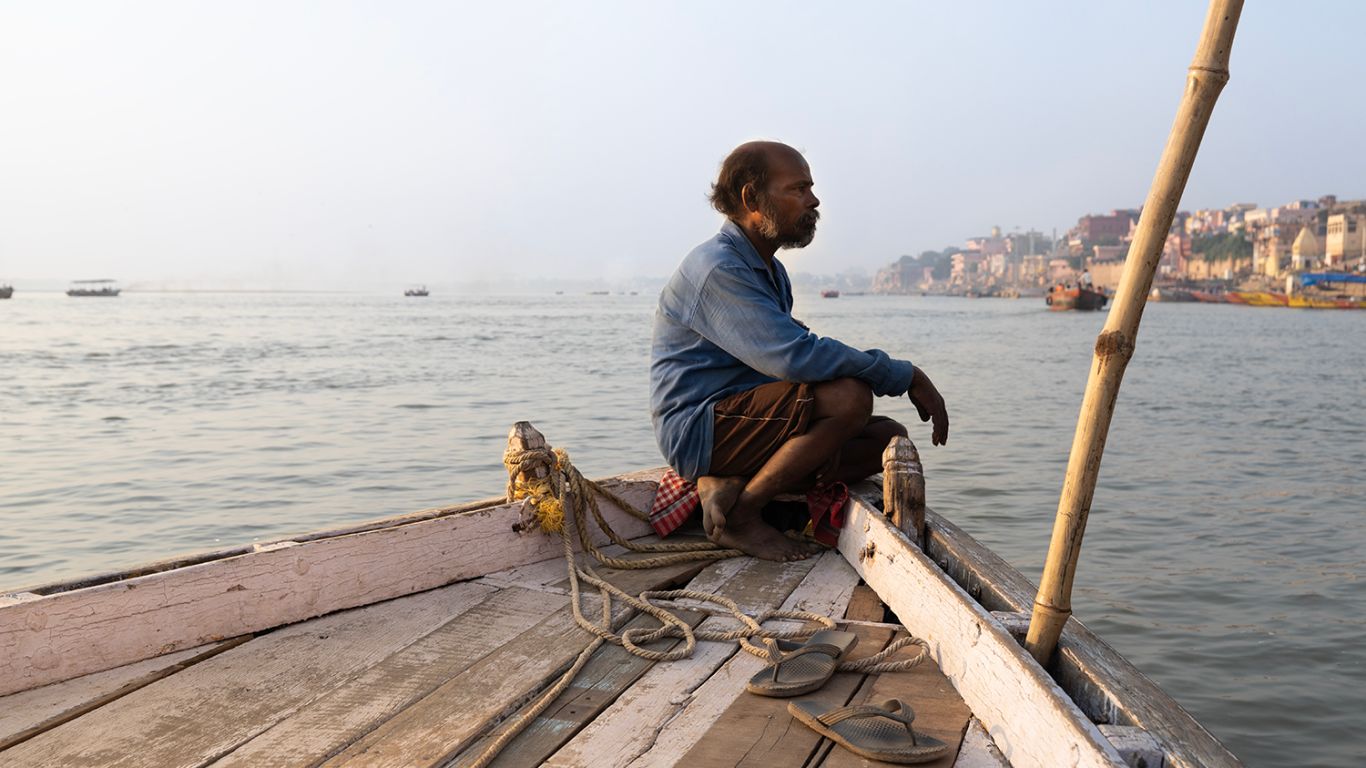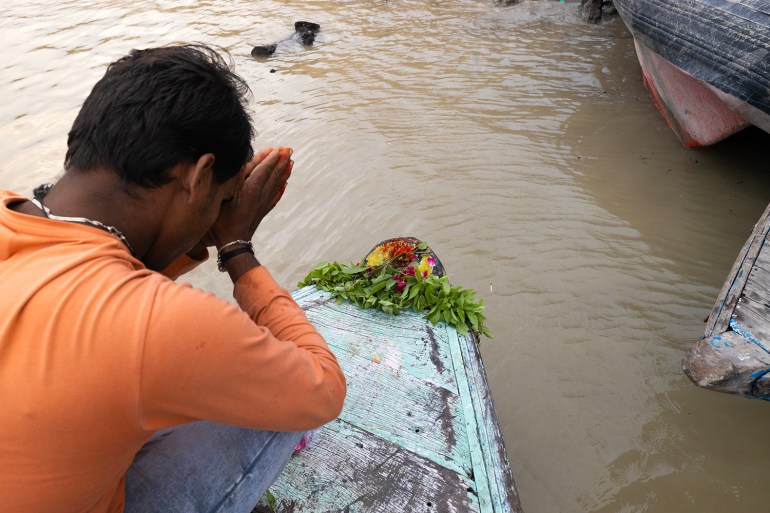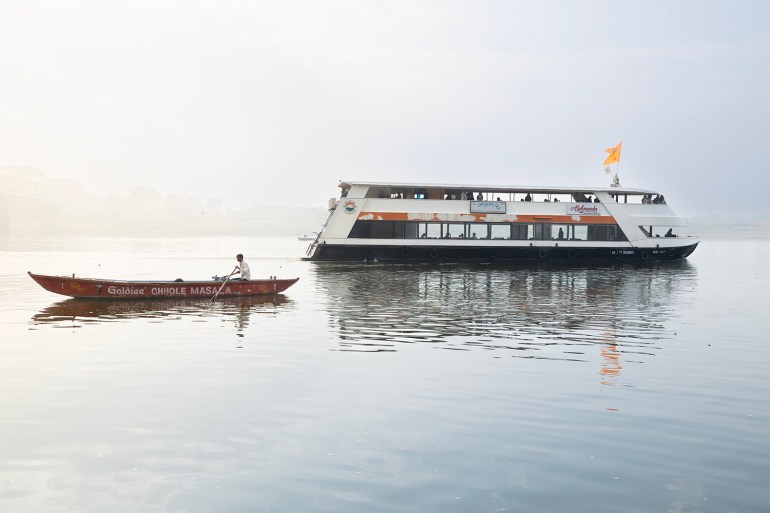‘Children of the Ganges’ - the boatmen of India’s Varanasi
Their lives are deeply entwined with the sacred river Ganges but Varanasi’s mallah community say they have been overlooked.

Varanasi, India - “Hum paani ke jeev hain. We are creatures of water,” says 29-year-old Vishwakarma Sahni.
Sahni belongs to Varanasi’s community of approximately 8,000 mallah, the boatmen whose lives are deeply intertwined with the Ganges - a river considered sacred in India and which they hold in profound reverence.
To them, the Ganges is not merely a river; it is their lifeline.

On its journey eastward from the Himalayas, the Ganges traverses more than 2,500 km (1,550 miles) before flowing into the Bay of Bengal in the northeastern Indian Ocean. Along its route, it passes through several regions, including the ancient city of Varanasi, also known as Kashi or Banaras in Hindi. "Banaras" is derived from the word "Banarasi" in the Pali language.

Varanasi has long fascinated historians, anthropologists, artists and storytellers and is often celebrated as one of the world’s oldest inhabited cities. It also happens to be the constituency of India’s Prime Minister, Narendra Modi, who rode to power in 2014 with a promise to transform Varanasi into a Kyoto-style smart city, and who is facing elections again from later this month.However, the lives of Varanasi’s boatmen have remained largely overlooked, they say.
In 2018, despite widespread protests from the community, the Government of India granted permits to three private cruise ships to operate along the ghats of Varanasi - the small staircases which descend to quays and cremation facilities along the river.